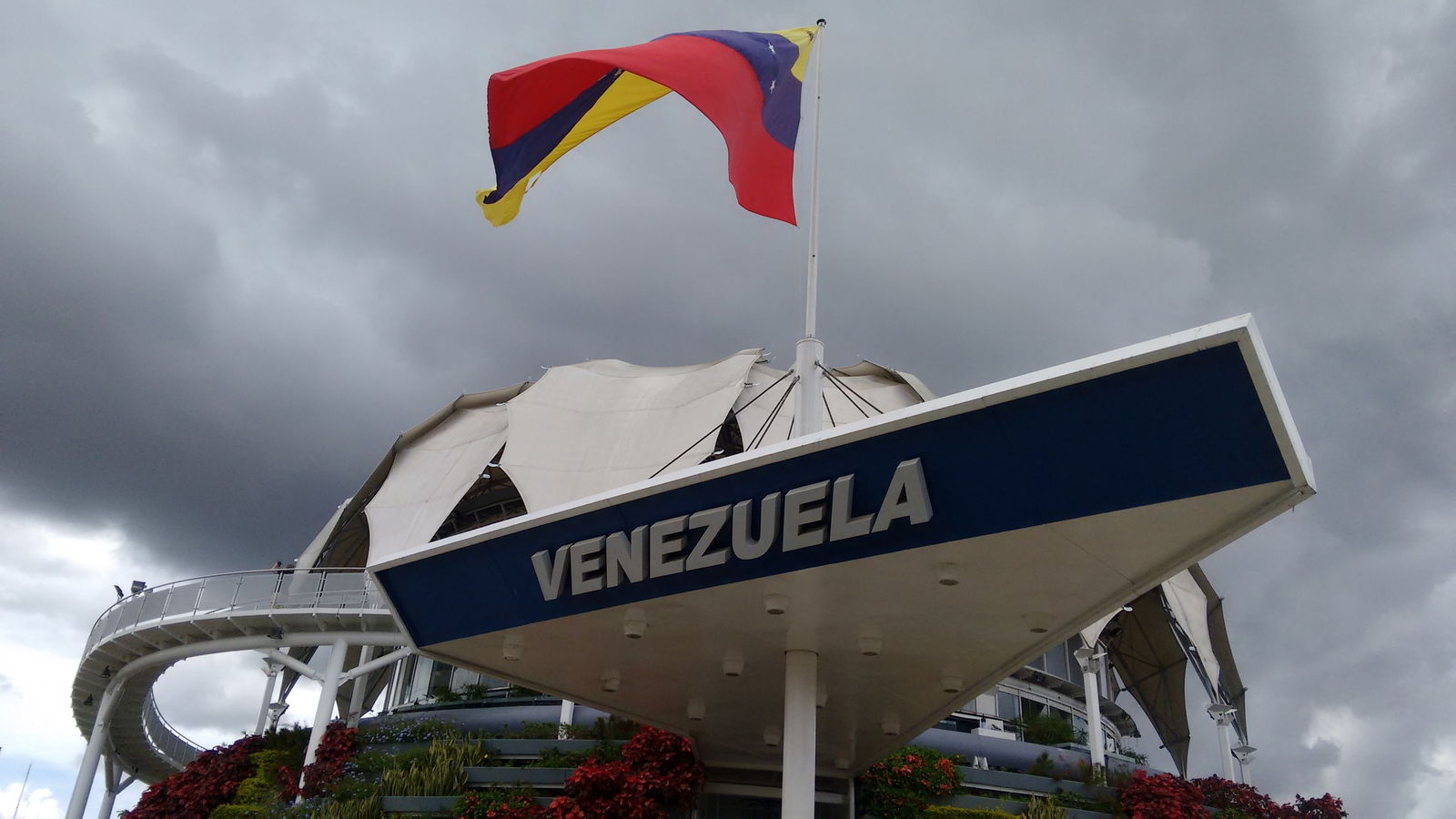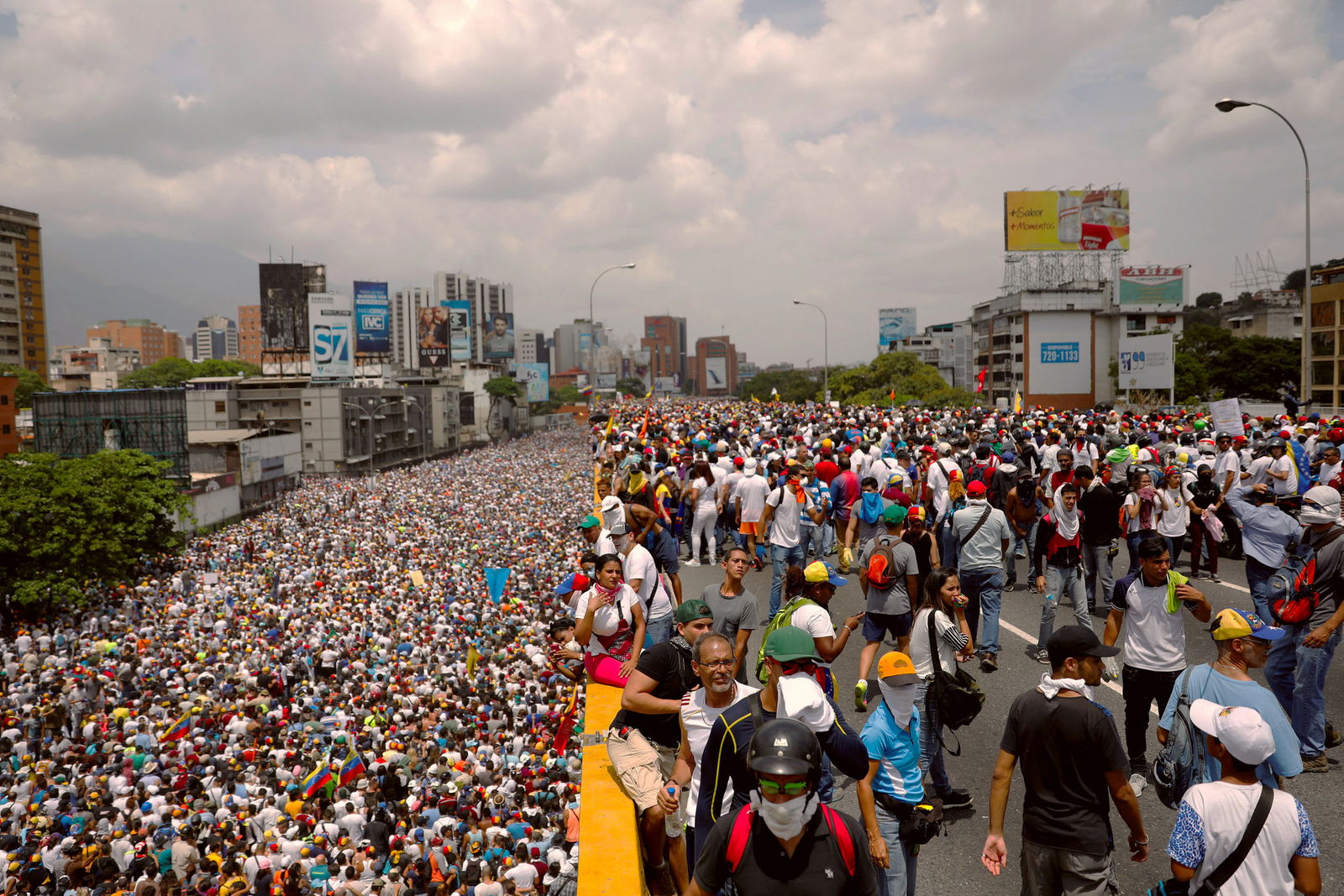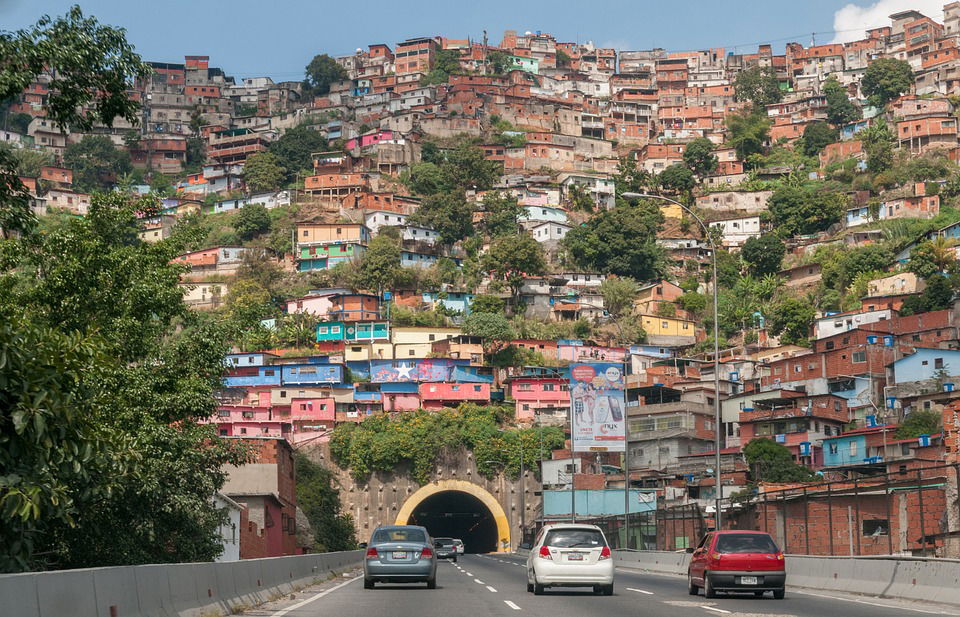Here's Why General Motors Is The Poster Child of the Turmoil in Venezuela

If you’ve been paying attention to international news lately, you may have heard of the violent protests taking place throughout Venezuela. Downtown streets have become a rendezvous point for angry Venezuelans and tear gas canisters. For almost a month, the collective ire has been percolating against several decisions made by the government of Nicolas Maduro. Yesterday, one of those decisions drew the fury of America’s largest automotive manufacturer.

According to a report by CNN Money, General Motors has claimed that the Venezuelan government has taken over its production facility in the city of Valencia. According to the Flint, Michigan-based automotive titan, the government illegally seized the the factory and many of the assets within it.
In response, GM immediately shut down the plant and began the process of laying off over 2700 workers. The mutiny has been on the horizon for some time, though. At the time of the seizure, GM was only using the Valencia plant to produce replacement parts. Vehicle production ended in 2015, largely because the Venezuelan government barred automakers from accessing U.S. dollars. This made it difficult for factories to import parts, effectively freezing the industry in its tracks.
"[GM] strongly rejects the arbitrary measures taken by the authorities and will vigorously take all legal actions, within and outside of Venezuela, to defend its rights..." - statement by General Motors.

The seizure was yet another crippling blow to the embattled Venezuelan economy. Since Hugo Chavez took office in 1999, much of Venezuela’s industry has been nationalized, or taken over by the government. The largely private oil, energy and communication sectors became entities of the Venezuelan state. The current President, Nicolas Maduro, has continued this tradition since he assumed office. In recent weeks, many Venezuelans decided that they’d had enough, and took to the streets in protest against the government.
It’s easy to understand why Venezuelans are upset. The economy has been in a state of recession for over three years. In that time, the Venezuelan Bolivar became severely inflated, nearly a quarter of the population became unemployed, and shortages of food and healthcare needs have been far too common. Last year, the economy plummeted by a staggering 18 per cent, causing the prices of basic consumer goods to soar. When you consider that Venezuela has the world’s second-largest oil reserves, it becomes clear that the collapse in the world price of oil has done the country no favours whatsoever.

The misery is being compounded by the actions of the Venezuelan government. Nicolas Maduro’s socialist platform has sought for greater control of industry by the government. This has caused many transnational corporations to pull out of Venezuela. The automotive sector has been all but wiped out, and multi-billion dollar corporations such as Kimberly-Clark and Coca-Cola have abandoned their Venezuelan operations.
The General Motors incident, however, might be the catalyst for even greater social turmoil. If the seizure turns out to be illegal under Venezuelan law (as General Motors claims), the international consequences could put Venezuela on the brink. The deadly protests began in response to the government banning the Leader of the Opposition from office for 15 years; a move which began to frame the actions of Nicolas Maduro as those of a dictator. The “arbitrary” seizure of GM’s assets by the government is fueling the same fire.

Meanwhile, it seems that there’s not much that General Motors can do. It’s unlikely that they will be able to take the Venezuelan government to court in the United States, meaning that their entire operations would essentially be written off as a loss.
But that doesn’t mean that the government of Venezuela is off the hook. The seizure is a common point of frustration between GM and the people of Venezuela. Although I am not an expert in international affairs, I suspect that quite a few nations (and, certainly, the United States) will be keeping a close eye on the situation. What happened to General Motors bears more than just economic consequences. It calls into question whether the Venezuelan government has any regard for their own constitution. And that is, most definitely, a concern that is not limited to the automotive industry.
#ecarnomics

Comments
Good article, very interesting.
Yellow Corsas worldwide cry in unison…
Because communism…
[DELETED]
And this shows why socialsim never works.
As a Venezuelan, I sadly admit that being a petrolhead in this country is hard as hell, and so is for car companies to operate here. Most of them have shut down or stopped importing vehicles, which means seeing even the latest Chevrolet Corsa (Vauxhall for the UK) is a mere dream, and most of the cars you see here. Seeing GM shut down (the most widespread and sold car brand in Venezuela) is going to take a BIG toll on many of the people who own a GM car, and the country’s economy itself.
Sad news for us, Venezuelan petrolheads.
sounds like venezuela needs some freedom